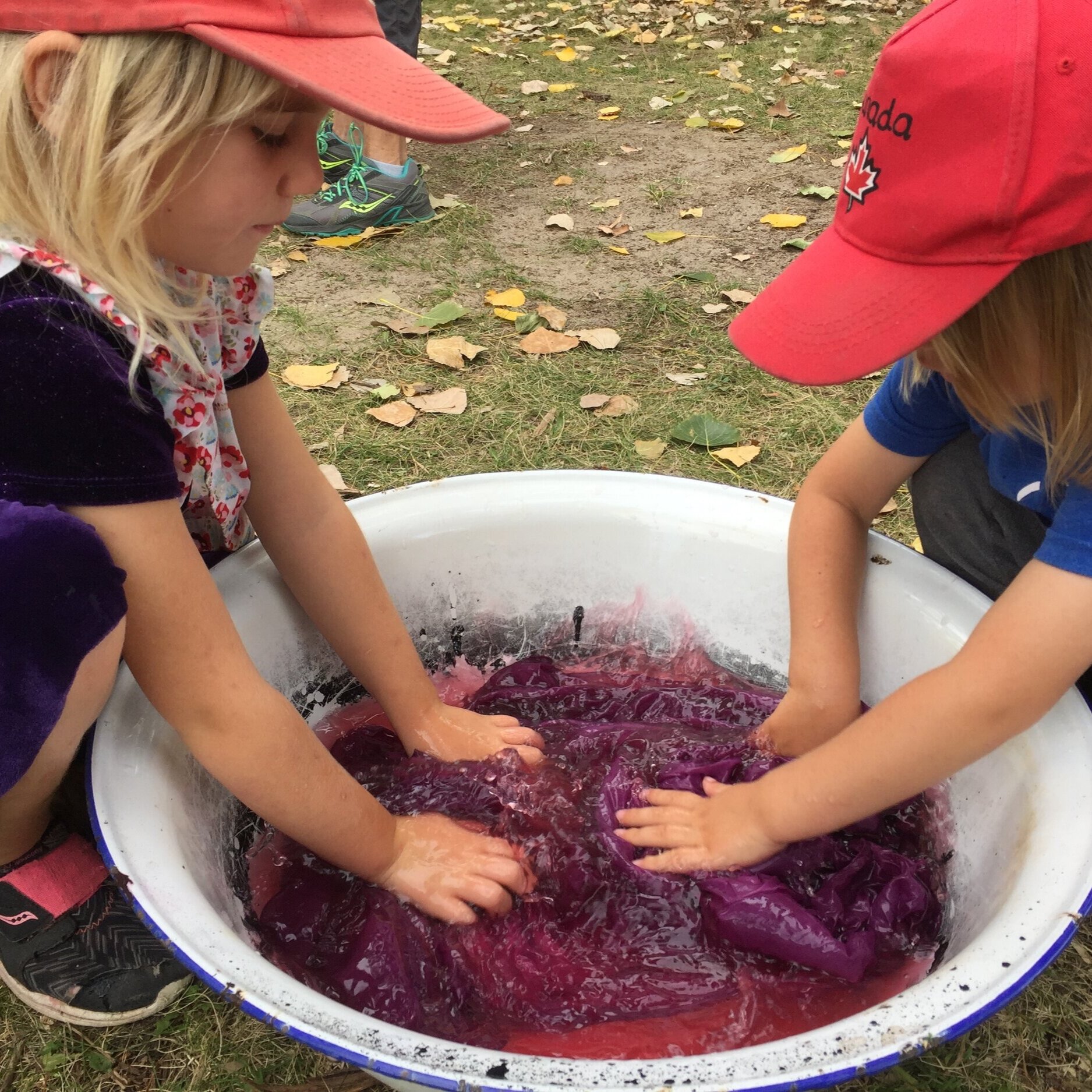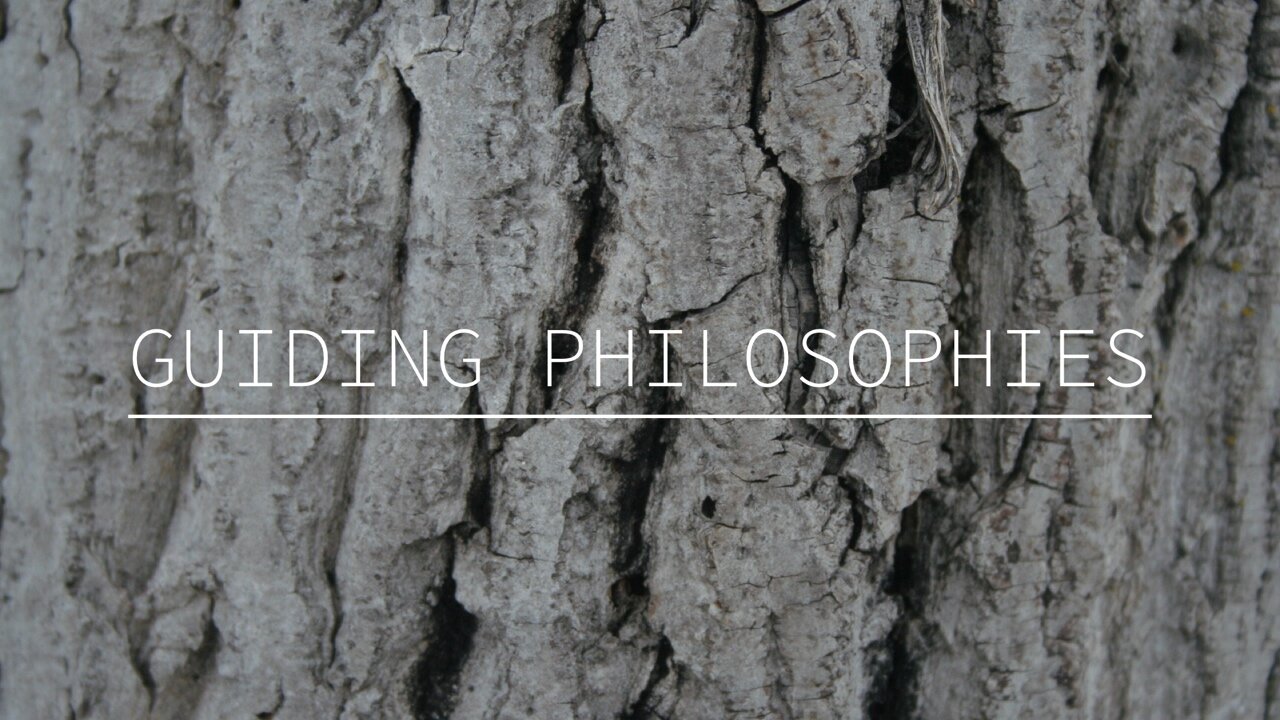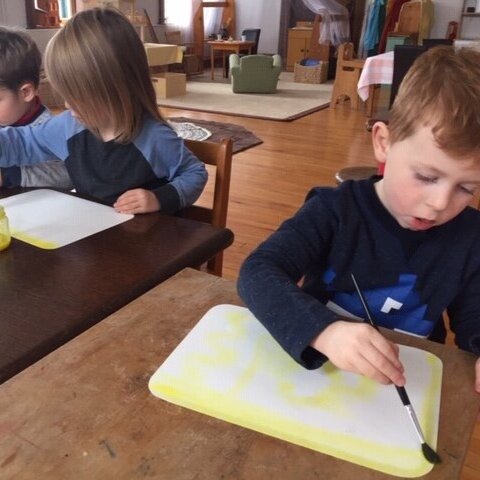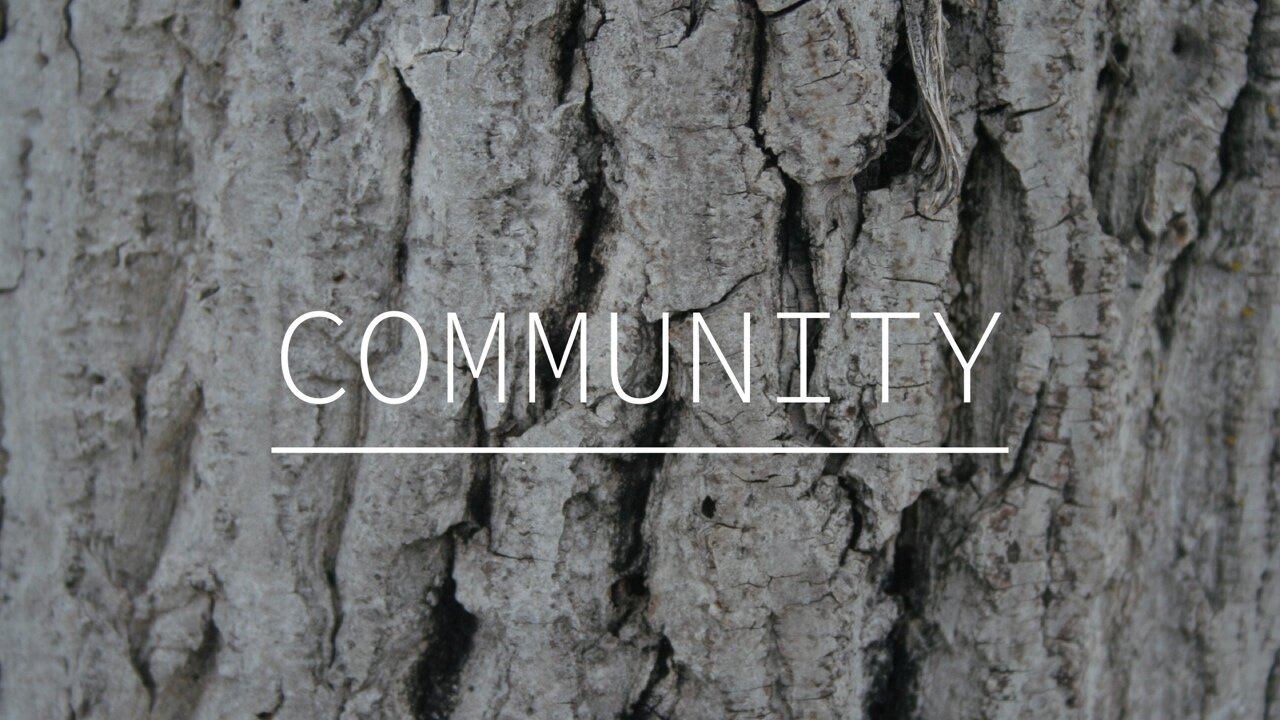Who are we?
At Hardwood Nature School, we believe that all children should have the opportunity to learn in, and from, the outdoors. We aspire to positively impact the health of our communities and the planet by fostering strong and meaningful emotional connections between children and the natural world. We believe tomorrow's environmental stewards are grown in the forests, creeks, meadows, parks, and mud puddles of today.
In our work to connect children to nature through our outdoor learning programs in the Peterborough area, Hardwood Nature School has partnered with Rowan Tree Children’s School to grow a Waldorf-inspired Nature School.
We are planning for a preschool through 8th grade early childhood and elementary school in the coming years.
Hardwood Nature school values
We value close relationships between families and our school. The curriculum is enriched by the expertise and varied experiences of students’ family members.
We value community. Community starts with home and school and expands in ever widening circles as children become aware of their roles in the spaces they inhabit and, eventually, as a global citizen.
We value time and allow for children to grow and learn at their own pace through exploration, opportunity, support and guidance.
We value an integrated curriculum that supports academic rigor. Our expectations are high of each student and we believe in supporting each child in doing their best work.
We value a culture of emotional intelligence, each child’s unique experiences, feelings, and needs are valued and validated.
What is Waldorf Education?
“The heart of the Waldorf Method is the conviction that education is an art - it must speak to the child’s experience. To educate the whole child, the heart and will must be reached as well as the mind.”
~ Rudolph Steiner
The Waldorf education model is based on insights, teachings, and principles outlined by Rudolph Steiner. It offers a developmentally appropriate and holistic approach to education that aims to inspire life-long learning in all students and to enable them to fully develop their unique capacities.
PRINCIPLES OF WALDORF EDUCATION
Waldorf education addresses the physical, emotional, intellectual, social, artistic, and spiritual capacities of the human being as they relate to phases of development.
Waldorf curriculum is created to meet and support the phase of development.
The Waldorf teacher uses their understanding of child development, their insights, and the environmental context to meet the needs of the children in the class.
The Waldorf teacher works with the developing individuality of each student to cultivate a healthy and enduring relationship that can last and strengthen over many years.
The Waldorf teacher supports their practice with ongoing personal and professional development in order to cultivate their imagination, inspirations, and intuition needed for their work.
What is Forest School?
“Forest School is an inspirational process, that offers all learners regular opportunities to achieve and develop confidence and self-esteem through hands-on learning experiences in a woodland or natural environment with trees.”
Forest School Association (UK)
Forest School is based on Scandinavian learning theories and the work of Rudolph Steiner, Maria Montessori, and Kurt Hahn, among others. It is an educational philosophy that fosters connection to self, to others, and to the natural environment.
PRINCIPLES OF FOREST SCHOOL
Forest School is a long-term process of frequent and regular sessions in a natural environment.
Forest School aims to foster a relationship with nature through regular personal experiences in order to develop long-term, environmentally sustainable attitudes and practices.
Forest School aims to promote the holistic development of its participants, fostering resilient, confident, independent and creative learners.
Forest School offers learners the opportunity to take supported risks appropriate to the environment and to themselves.
The Forest School leader is a reflective practitioner who continuously develops their professional practice.
Forest School uses a range of learner-centred processes (play, choice, and inquiry) to create a community for development and learning.
What is Place-Based Education?
Place-Based Education “is the process of using the local community and environment as a starting point to teach concepts in reading and other language arts, mathematics, social studies, science, the arts and other subjects across the curriculum.”
~David Sobel, author of Place-Based Education: Connecting Classrooms and Communities (2004)
Place-Based Education is learning that is rooted in what is local – the unique history, environment, economy, literature, and art of a particular place.
Principles of Place-Based Education
Grows from the specific natural and human-created environment students live in.
Cuts across all academic subjects and invites interdisciplinary work.
Engages students in the community and the community in the education of the students.
Promotes academic and intellectual rigor and active, responsible citizenship.
community
Place-Based Education at Hardwood Nature School and Rowan Tree Children’s School is learning that is rooted in what is local to the The Mount Community Centre property, to Jackson Creek Park, and to Peterborough and the Kawartha Lakes—the unique history, environment, economy, literature, and art of this particular place. Our community provides the context for learning and, as our school evolves, our student work will focus on community needs, interests and service. We intend for this to promote genuine local and global citizenship and problem-solving, and to prepare our children to live well in any community they choose.
The families of the children who attend Hardwood Nature School and Rowan Tree Children’s School contribute to the mission of the school by sharing in and following guidelines that promote health, well-being, peace and ease for our children. Additionally, families cooperate together to support social gatherings that allow for bonding among school families and endeavor to support one another in times of both personal and community need.








